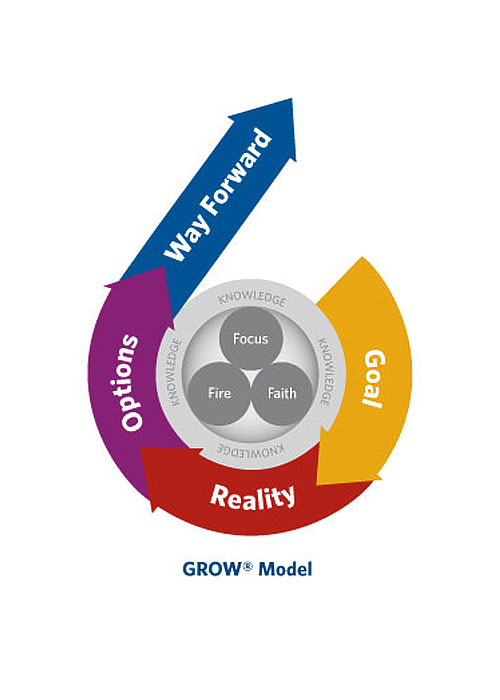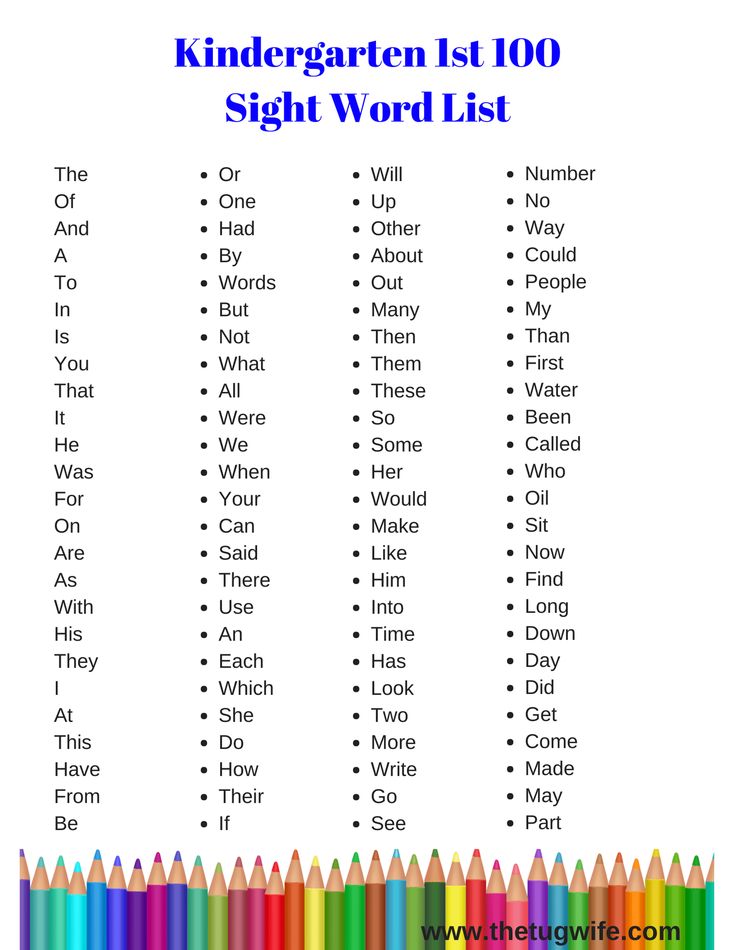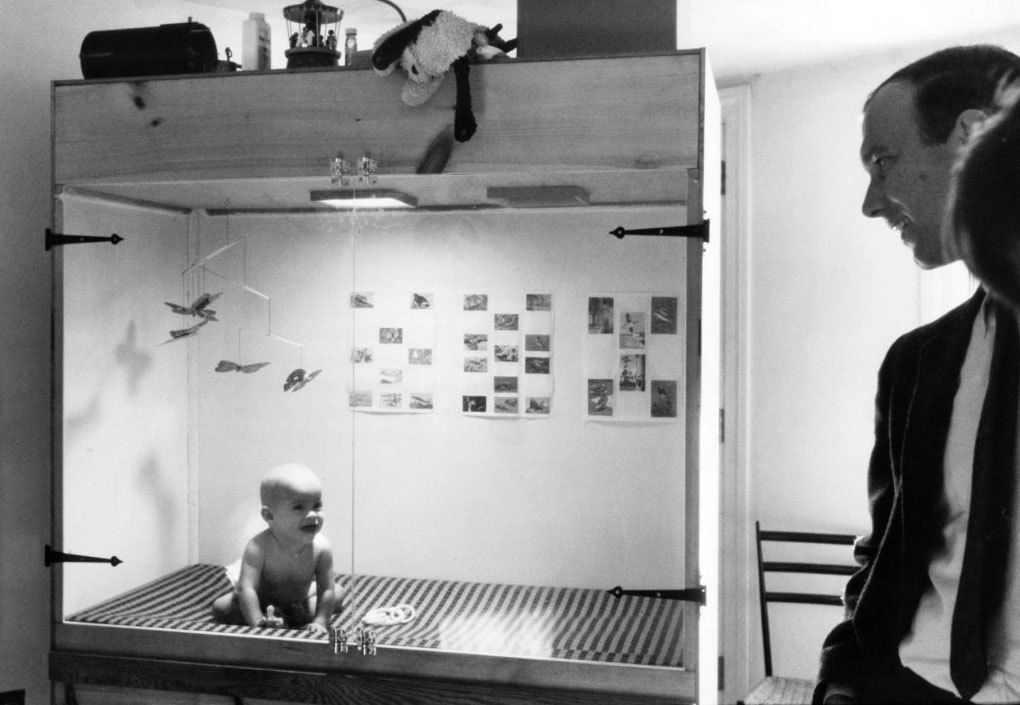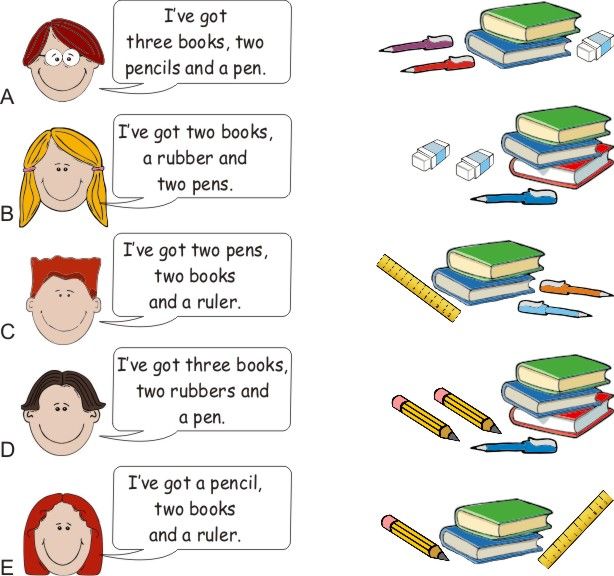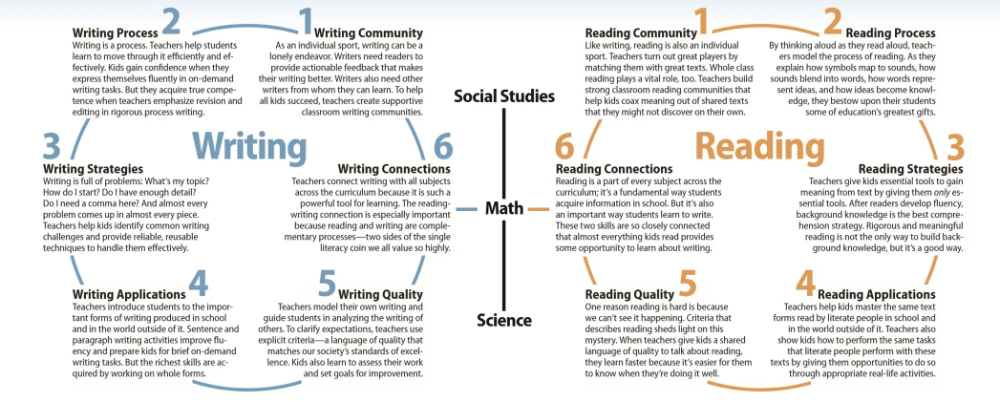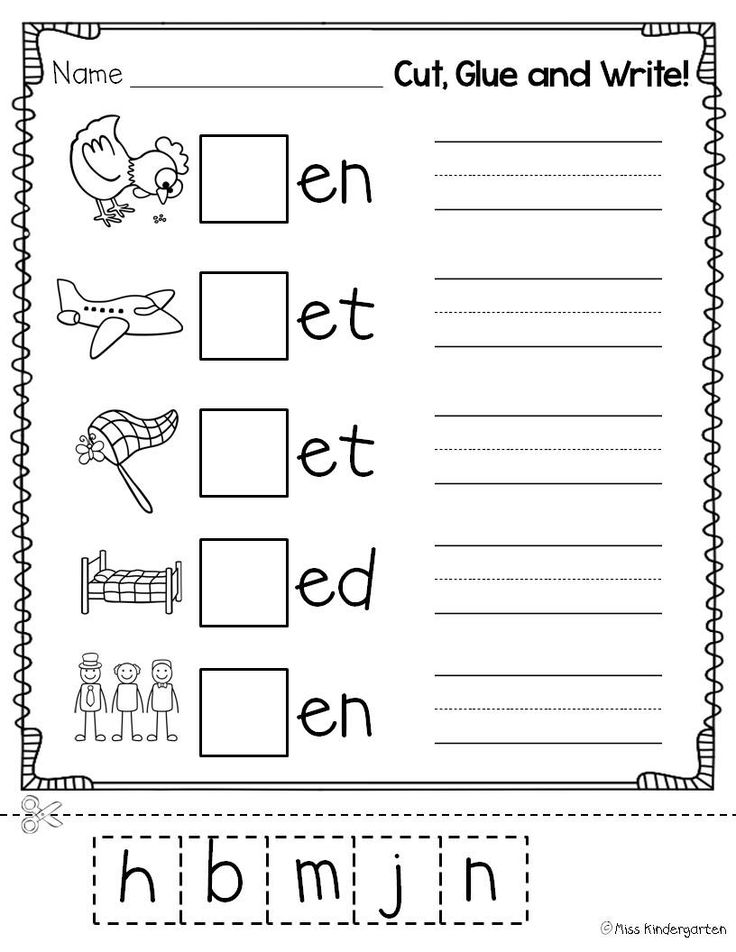Why are social skills important in early childhood
Why developing social skills is important for young children
One of the most important skills for young children to learn is how to socialise and get along with other people. While the focus is often on more academic skills, like language and maths, or even physical growth and motor skills, social skills help set children up for life.
The way we socialise and interact with others, be it with family, friends, colleagues, peers and others, will impact on almost every aspect of our lives. Social skills help children to form positive relationships, have conversations, develop body language, cooperate, share and even play together.
Having well developed social skills also leads to improved mental capacity and cognitive abilities, as well as good overall mental health. In this article we look at the importance of developing a range of social skills from a young age, to equip children with the skills they’ll need later in life.
Learning through playing together
Children learn by observing others, listening, exploring and of course, by asking lots of questions. In childcare and kindergarten settings, children have a wide range of opportunities to develop valuable social skills through spontaneous experiences and structured learning. For many children, attending a long day care or kindergarten will be their first ongoing experience interacting with children outside of their own family.
Being able to interact and play with both children their own age and those older and younger is important for children’s social development. Through play with children their own age and older, children develop important skills in problem solving, resolving conflict, sharing, kindness and empathy. With younger children, they have the opportunity to develop leadership and responsibility skills, and adopt a mentoring role.
It is wonderful to see children develop and form new friendships, especially as the older children show newcomers around and introduce them to other children.
Preparing for the transition to school
The transition to school is a big moment for children and well-developed social skills help make the transition smooth. Social skills developed during their time in long day care and kindergarten help children build confidence, become more self-reliant and independent, and boost their overall self-esteem.
Social skills developed during their time in long day care and kindergarten help children build confidence, become more self-reliant and independent, and boost their overall self-esteem.
To support this transition, the educators at Catholic Early EdCare facilitate mixing with children at nearby schools. This can include joining them for outdoor games, visiting the library together or being partnered with senior students as buddies. There are also opportunities to meet the teachers and hear about school so when the time comes, children will feel well prepared with the social skills they need to make the move to prep.
Being an active community member
Understanding how they fit into their wider community is an important part of children’s social development. Being active in the community, mixing with older people and understanding what’s happening in the local area all contribute to building social skills.
At some services the educators at Catholic Early EdCare facilitate relationships with nearby aged care services. The children visit the elderly residents and talk to them about their lives and experiences. When visiting in person is not possible, the children are engaging through letter writing, drawing pictures and sending photos and cards.
The children visit the elderly residents and talk to them about their lives and experiences. When visiting in person is not possible, the children are engaging through letter writing, drawing pictures and sending photos and cards.
How children develop socially and learn to develop relationships with others will impact on many aspects of their lives. It’s important children develop a range of social skills that set them up for life, from making friends and forming positive relationships, to building confidence, learning empathy and conflict resolution, social skills are one of the most important skills for young children to develop.
"Being active in the community, mixing with older people and understanding what’s happening in the local area all contribute to building social skills."
At Catholic Early EdCare, we help your child to grow socially every day. The early years of education and care are the foundation for every child’s future.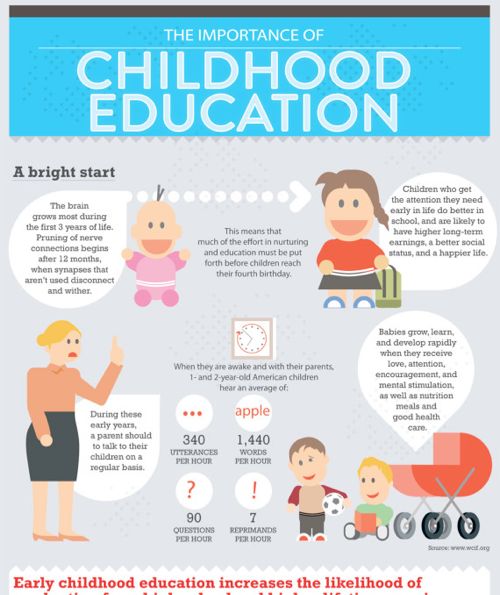 To find out more about how your child will grow socially in our care, visit our website.
To find out more about how your child will grow socially in our care, visit our website.
Why Social Skills are Important for Child Development
Forming social skills is an integral part of child development. Social skills help children interact with the world around them through relationship development, verbal communication, and body language.
The right set of social skills will make it easier for a child to make friends, share with their classmates, and cooperate in social environments. Well-developed social skills also lead to improved cognitive abilities and better mental health.
There are many ways to encourage a child's social skill development. It is important to teach these skills early in life, as these will be the building blocks for social interactions and success in adulthood.
Keep reading to learn why social skills are important for child development and how to teach these skills.
Why Are Social Skills Important?
When it comes to childhood development, there are certain milestones that dictate growth and advancement. Social skills development is valuable to many areas of a child's life.
Social skills development is valuable to many areas of a child's life.
Studies show that a lack of social skills can lead to poor outcomes in child development. It can hinder their ability to create relationships, affect their adjustment at school, lead to loneliness, and cause behavioral problems in the future. This is why it is important to instill social skills in children early on in life.
There are several different social skills that are indicative of child development. These include sharing, cooperating, following directions, using eye contact, use of manners, and understanding personal space. These are useful skills that will allow children to be successful in the social world.
Children with higher social development can form stronger friendships and are more likely to succeed in their education. Research shows that children with better social competence also benefit in the following areas:
- Twice as likely to attend post-secondary education
- More likely to earn a high school diploma
- Less likely to use illegal substances
- Less likely to get into trouble with the law
These are just a few of the ways that a child can benefit from social competence.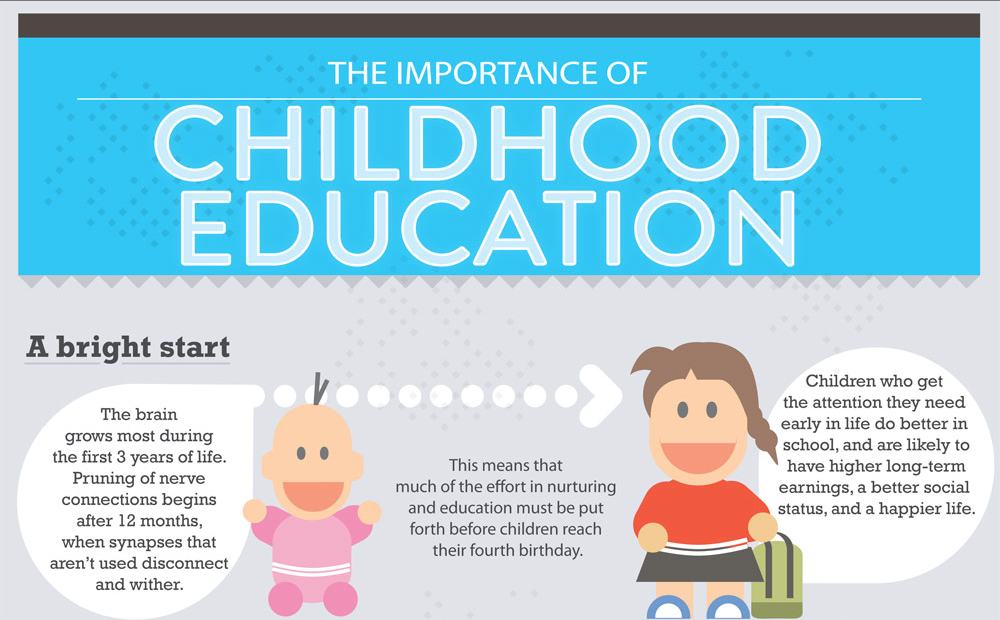 There are special programs to help enhance social skills and build a strong foundation for success in the future.
There are special programs to help enhance social skills and build a strong foundation for success in the future.
Social Skills in Early Child Development
At different stages of development, children exhibit different social cues. For each age, there are different child development skills that most children can display. While development can vary depending on one individual child, there are certain milestones that are characteristic of each age.
Age Two to Three
At this age, children like to copy others, particularly older children and adults. They enjoy interacting with other kids and get excited when they meet other children. They also display behavior that goes against what they are told to do.
While the terrible twos can ignite some naughty behavior, closer to the age of three, children become a bit more independent. They can show a range of emotions, including empathy and affection for a friend.
At this age, they can also express frustration with changes in their daily routine.
Age Three to Four
Around ages three to four, children enjoy doing new things. They become more creative with their play and like to role-play as mom and dad. However, they cannot understand the idea of make-believe.
A child at this age can cooperate with other kids. They can also talk about the things they like and don't like.
Age Four to Five
Children age four to five want to appease their friends and begin to copy their friends. They are more likely to follow the rules and show more independence. They can also become demanding in certain situations.
They are also aware of their gender at this age, and they like to sing and dance. They now understand the concept of make-believe.
Age Five to Six
Child development skills from age five to six include being about to follow daily routines, take turns, and understand directions.
Kids at this age can understand the idea of humor and they can also explain the cause and effect of their feelings.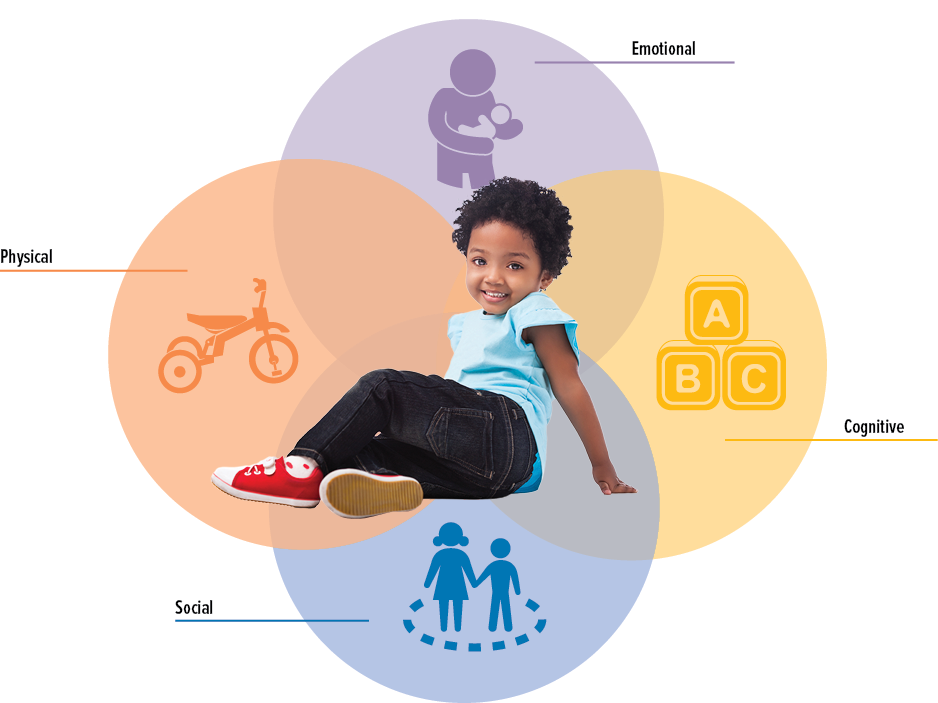 They are also cognizant of their behavior if it might disrupt others in a certain setting. They can speak clearly in most conversations and others can understand what they are saying.
They are also cognizant of their behavior if it might disrupt others in a certain setting. They can speak clearly in most conversations and others can understand what they are saying.
How to Encourage Children to Develop Social Skills
There are many ways that parents, caregivers, and educators can aid in child development skills. It is important for the adults in a child's life to be consistent in their teaching, so the child gets a clear understanding of what is expected in a social environment.
Being a Good Role Model
Modeling behavior is one of the most effective ways that you can teach your child social skills. During social interaction, use your manners by saying "please" and "thank you." Address others in a polite manner so that your child can see and copy your behavior.
Be sure to remind the child if they don't use polite language to reinforce good behavior.
Additionally, talk to the child about the importance of things like teamwork and cooperation.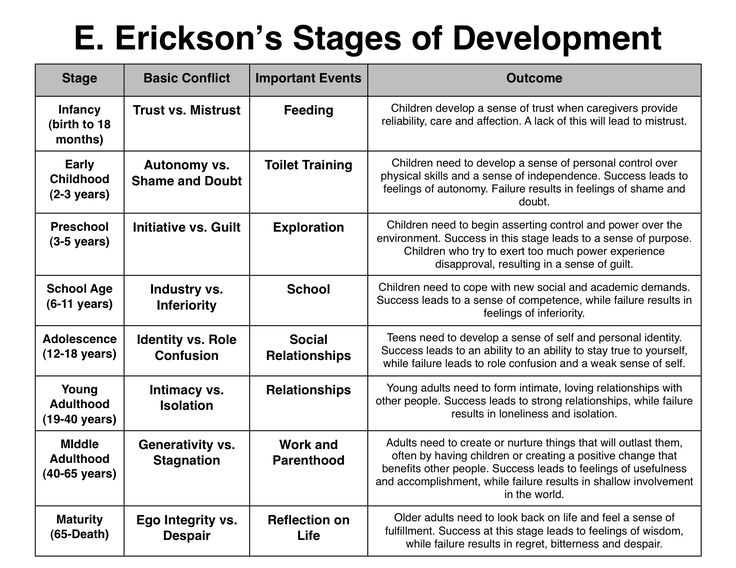 As you do something, talk to your child about why it's important. If everyone cleans up the toys, it's much easier, or helping a friend can make them happy.
As you do something, talk to your child about why it's important. If everyone cleans up the toys, it's much easier, or helping a friend can make them happy.
Role-Play With Your Children
Another effective way to encourage the development of social skills is by role-playing. Create opportunities where you can put those skills into practice.
You can role-play being at a restaurant and how to ask for something they'd like. You can use arms-length distance to teach a child about personal space and keeping their hands to themselves.
If you read a story, ask the child what they remember to ensure that they are developing listening skills. Practice eye contact when telling a story. You can talk about how they felt after you've gone through the scenario to make sure they understand why it's important.
Offer Praise and Positive Reinforcement
Positive reinforcement is a great way to keep a child encouraged to utilize social skills. Be direct when giving praise by saying phrases like "Thank you for putting away your toys as I asked." These are clear and direct words of reinforcement that show they are following the rules.
Be direct when giving praise by saying phrases like "Thank you for putting away your toys as I asked." These are clear and direct words of reinforcement that show they are following the rules.
If a child has difficulty following directions, reinforce their listening and operating skills. You can do this by asking your child to do something and giving them immediate praise for having listened and followed the directions.
Keep practicing this until they become more cooperative.
Learning Through Playing
Children learn through listening to others, mimicking behavior, and language. But they also enjoy learning through play. There are a variety of ways that you can incorporate social skills learning through play.
A kindergarten or daycare setting is a great place for children to interact with other children and put some of their social skills to practice. Here they will face challenges where they need to solve problems, share, resolve conflict, take leadership, and show empathy to others.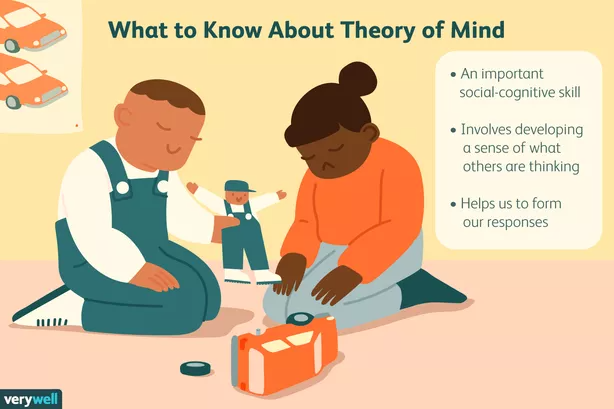
There are many ways that a child can grow and learn in this setting. It is especially helpful because it is outside of the home setting, allowing a child to interact with those outside of their immediate family. This puts them in a challenging new environment to utilize their skills and absorb skills from other kids.
Special programs can help fine-tune a child's social development in the right environment with support and encouragement.
Teaching Emotion Regulation and Understanding
An effective way to teach social skills is to help a child understand the role of emotions. This means helping them understand their own emotions as well as those of others.
You can use flashcards with faces that display a certain emotion. You can also ask the child to show you a face that represents a certain emotion.
Talk to the child to ask them to explain what the emotion means and how you can soothe it. For some children, emotion regulation can be difficult, and they will need guidance when they are having intense feelings.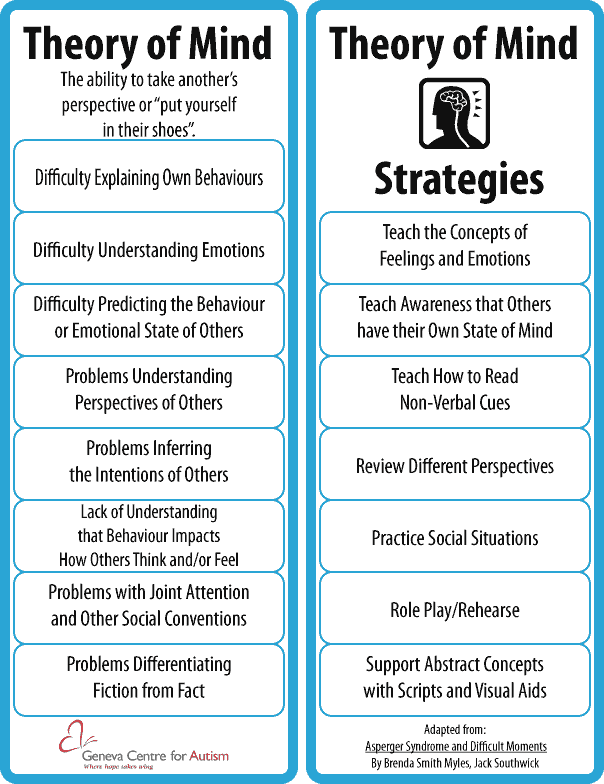
Additionally, being able to understand others' emotions will teach the child important social skills such as empathy.
Encouraging Social Skills for Child Development
While there are many skills that are important for your child to learn, social skills are vital for child development. When teaching a child social skill, remember to model the behavior, teach emotion regulation, offer positive reinforcement, role play, and learn through play.
With each age comes a different set of social skills to foster child development and help build a successful future for every child.
Discover the Secrets for Simpler Afterschool Program Management!
Download our free eBook with expert tips that will not only help you improve your afterschool program, but show you how to simplify its management, so you and your team can enjoy a much needed breather.
Early childhood social skills for healthy relationships and overall child well-being
Early childhood social skills for healthy relationships and overall child well-being
Activities
Bini Bambini
Binibambini
Ukraine, Kharkiv
The development of children's social skills is an important part of education. Strong social skills lead to a more comfortable quality of life and a less stressful response to various life situations. Through proper verbal and non-verbal communication, active listening and teamwork, children can build better relationships with others, perform better in school and have a better chance of success in their careers. As a rule, preparation for school partially involves teaching the basics of social interaction of children, but it is recommended to pay attention to them much earlier.
Strong social skills lead to a more comfortable quality of life and a less stressful response to various life situations. Through proper verbal and non-verbal communication, active listening and teamwork, children can build better relationships with others, perform better in school and have a better chance of success in their careers. As a rule, preparation for school partially involves teaching the basics of social interaction of children, but it is recommended to pay attention to them much earlier.
Social communication skills are not formed by themselves: they need to be taught and, more importantly, they need to be demonstrated. For this, there are tasks by age. The first social interaction in a child's life is with adults. Therefore, if you want your child to adopt adequate behavior patterns, it is important to be a good role model yourself, setting an example for him.
Social skills for preschool children: should they be given attention in early childhood?
In short, yes, it is necessary.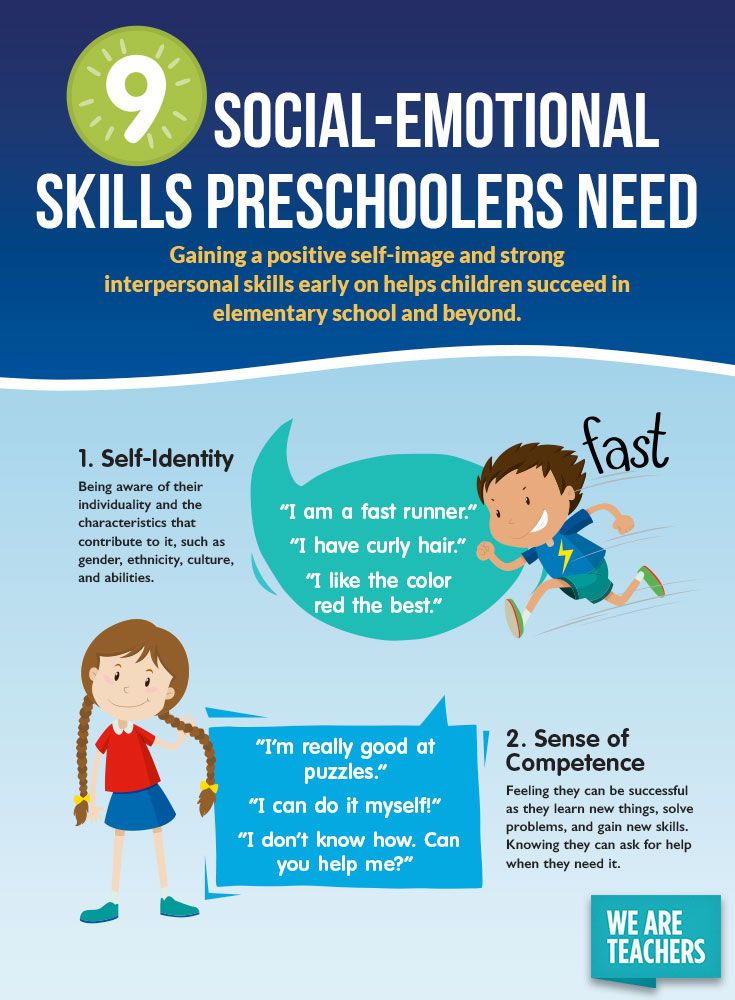 The formation of social skills in preschool or early childhood children plays an important role. Let's see why these humanitarian skills, or soft skills, as they are called today, are no less important than functional skills, hard skills, which involve, for example, knowledge of the alphabet.
The formation of social skills in preschool or early childhood children plays an important role. Let's see why these humanitarian skills, or soft skills, as they are called today, are no less important than functional skills, hard skills, which involve, for example, knowledge of the alphabet.
If a child has sufficiently developed social skills, then he will experience less stress in a new social environment, that is, he will feel more comfortable. In addition, children who feel anxious or stressed have a harder time concentrating at school or on the playground, making it difficult for them to be actively socially involved in any activity.
Children who have been taught to correctly express their emotions, communicate, show empathy (this includes all the skills associated with communication) confidently cope with new social situations. Other benefits of good social skills include better grades, better chances of going to college and finding a job, and generally stronger and healthier relationships.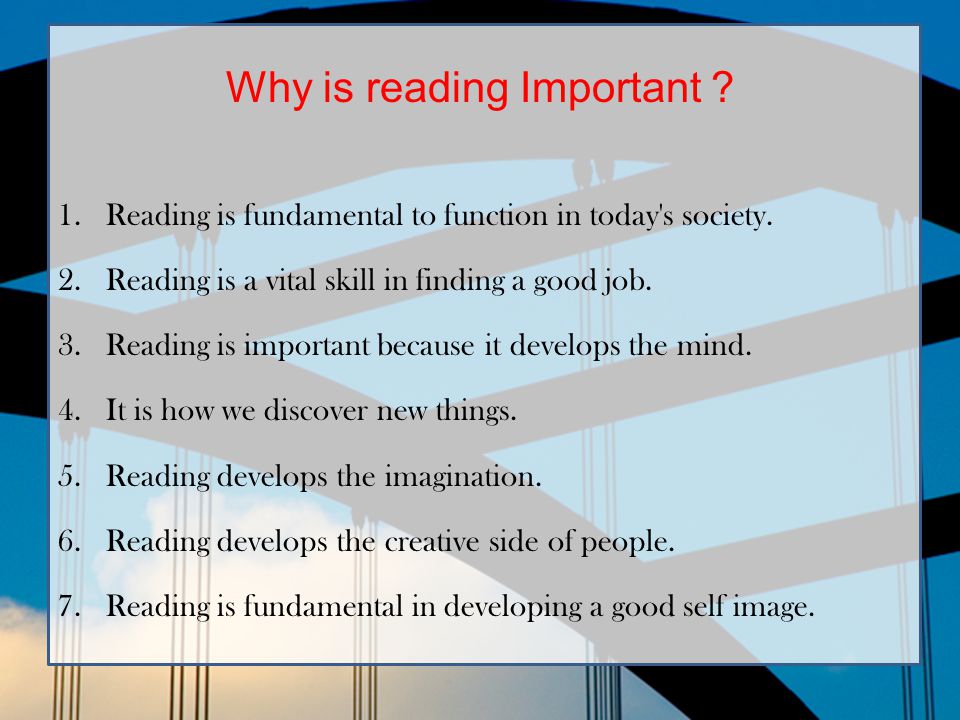 What are the most important social skills for preschool children?
What are the most important social skills for preschool children?
There are many communication skills that a child will need. Below are five key things that will prepare him for kindergarten.
Greeting
Entering a room with strangers and introducing yourself is difficult even for an adult, let alone a toddler who is still in the process of learning words. Practice saying hello to family or friends. And when a child encounters such a situation in a preschool group, he will no longer be so scared.
For example, you are waiting for your grandmother to visit. Prepare your baby: “Grandma is coming soon. When she comes in, let's say "Hi, grandma!". This will give the child an idea of what is said in such situations. It may take more than one time and more than one repetition to consolidate the result, but do not worry, over time everything will work out. A similar scheme can be applied when guests leave. Let your child know that, for example, the grandfather is leaving soon and you will need to say goodbye.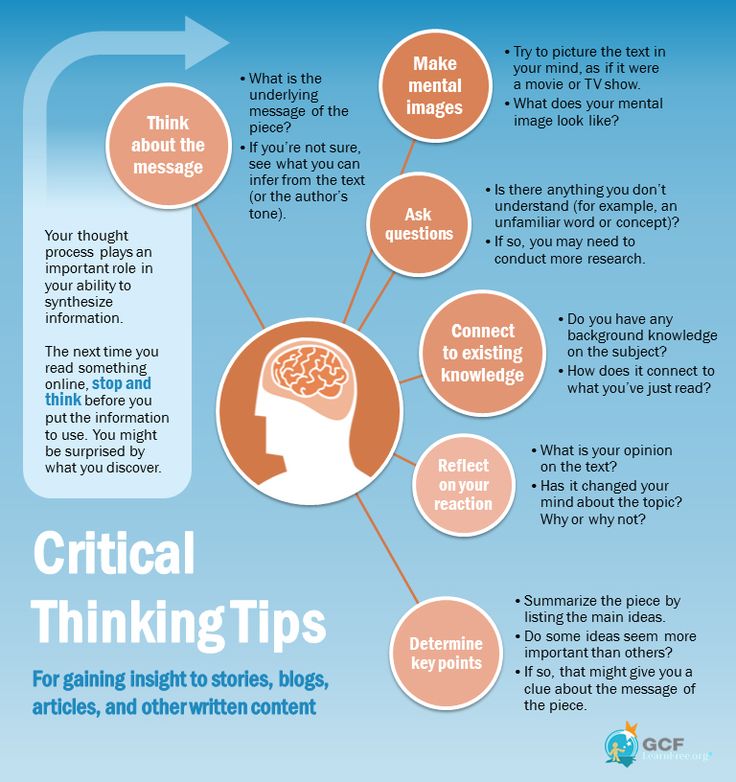
Over time, you can practice with questions like “How are you?”. By the way, this is a great way to help your child learn to talk about their feelings. You can also practice with cards that show pictures of basic emotions like “cheerful”, “sad”, “tired” or “happy”. Taking out a card, you can ask the child to depict this or that emotion and name it.
Polite words and etiquette
To hear the cherished “please” and “thank you” from a preschooler, looking at the interlocutor, or to make him sit at the table while eating, is not an easy mission. But quite real! The three main components of success here are: a good example, constancy and patience.
A good example: children are very observant. Demonstrate the behavior you expect from them. Take your eyes off your phone while talking to them or anyone, ask questions tactfully, and cover your mouth when you cough.
Constancy: one day not to react to a certain behavior, and the next - to scold, - you will agree, it is perplexing.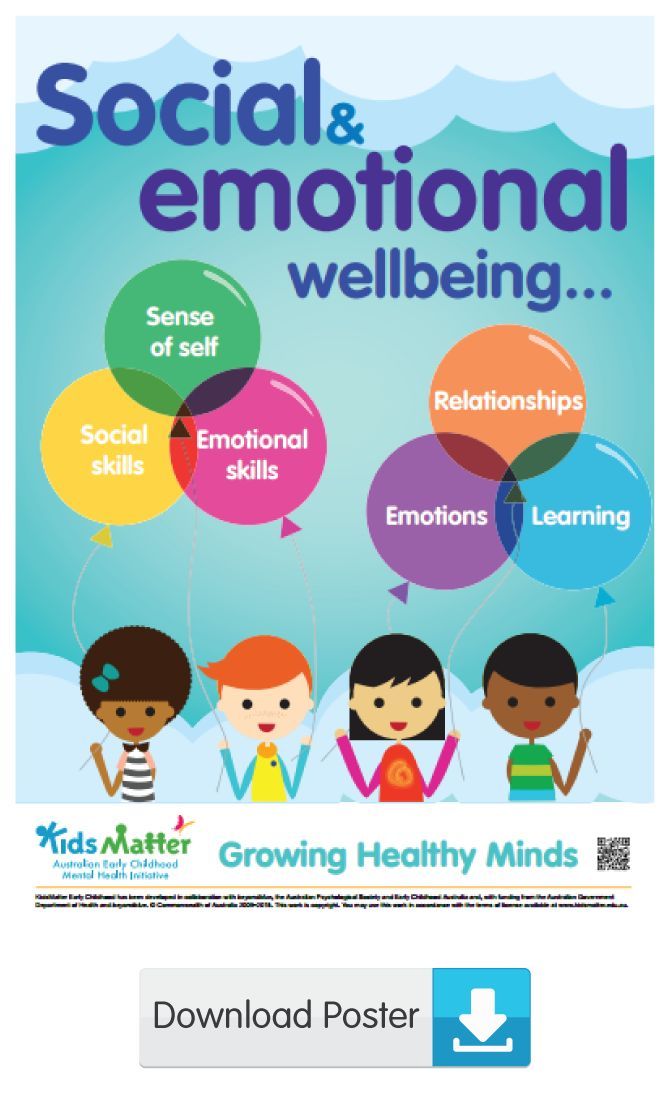 Being consistent in your reactions is important to avoid misunderstandings, as they cause stress and interfere with concentration.
Being consistent in your reactions is important to avoid misunderstandings, as they cause stress and interfere with concentration.
Patience: an absolute parental necessity, especially in this context. Give your child time to make good manners a habit. A positive attitude and support here will also not be superfluous.
Follow instructions
This is important, not only because it will make your life much easier. Being able to follow the instructions is useful for the formation of the child's psyche. In school, this is a necessary skill for effective learning. Games are a great way to learn to grasp instructions and follow them. Alternatively, you can try these:
Simon speaks. Classic! One person gives the instruction “Touch the tip of the nose”, “jump on one foot” and the group follows it, but only on the condition that “Simon says” sounds first before the instruction. If someone completes the task without "Simon says", then he is out of the game.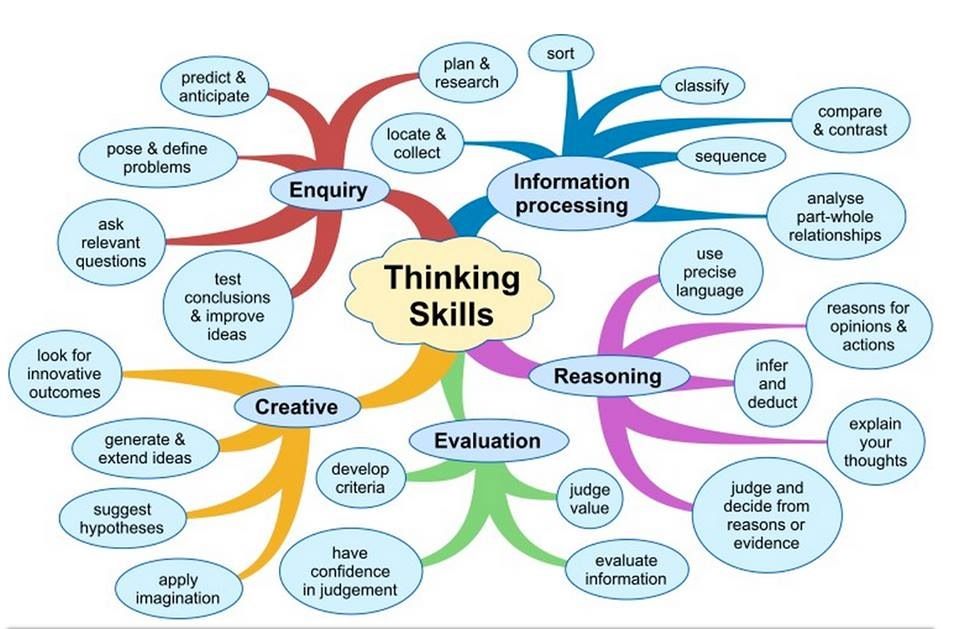
Red light, green light. First you need to line up. On the words "green light" - run to the finish line, "red light" - stop. If someone does not respond, then returns to the start. The first one to reach the finish line wins. You can complicate the game and add “blue light” by inventing another condition for it. For example, “blue light” means to jump.
Board game “Do it yourself!” Trains the skills to act according to the rules and gives space for creativity. You can take a board game template and come up with your own tasks for each move: “move two steps forward” or “count to ten”, etc. Then take the cube and go play!
Interaction with other people
Being independent is important, but being able to work in a team is an equally necessary skill. Effective interaction with other people gives the ability to communicate constructively, resolve conflicts and a sense of belonging. Team sports will come in handy here, but there are other ways to teach teamwork at home.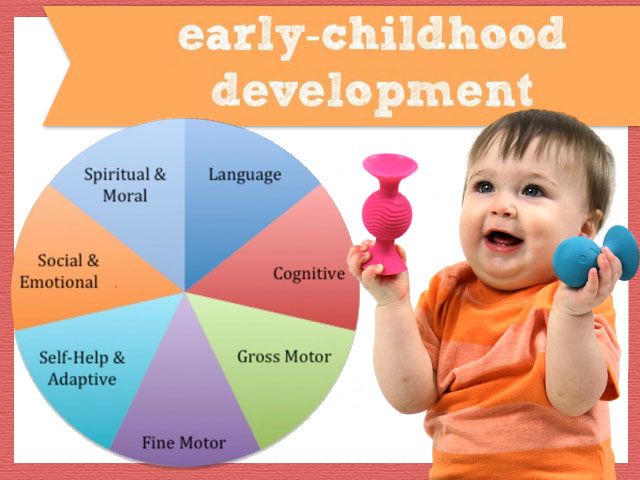 For example, you can take colored pompoms and ask the children to sort them by color. If you also include a timer, then the children can come up with a strategy and divide the work among themselves to speed up the process.
For example, you can take colored pompoms and ask the children to sort them by color. If you also include a timer, then the children can come up with a strategy and divide the work among themselves to speed up the process.
Another option is to have the task of building the tallest tower out of different materials to create a work of art together.
This also includes role-playing games like a seller and a buyer in a supermarket. Such games encourage children to discuss, adopt a strategy and share roles. You can keep an eye on the game so that in case of conflicts, gently guide them towards a peaceful resolution.
Listening skills
To teach children to listen is to teach them to be attentive. This is a necessary skill to build relationships with others. If you think your kids can't hear you, try this:
- call them by name to get their attention: this way they understand that they are about to hear something;
- be at the same level with the child during the conversation: this way he will see you better and there will be no feeling that you are just shouting orders from above;
- make eye contact: this focuses the child's attention on you;
- be brief and concise: too much information can overload and cause misunderstandings;
- do not forget about praise.
 If your child did well, let him know!
If your child did well, let him know! - make sure the baby understands everything. If he can retell what you just said to him, then he heard you.
If the child did well, let him know! make sure the kid understands everything. If he can retell what you just said to him, then he heard you.
You will see that all the skills mentioned above overlap to some extent. All games teach how to interact with other people, follow the rules, make eye contact with the interlocutor, letting him know that he is being listened to and shown respect.
Developed social skills make it easier to make friends and adapt in a team. In the beginning, children interact only with relatives and close friends, but as they grow up, their social circle expands. They have to have to get along with people without parental involvement. Developed communication skills make it easier to make new acquaintances and maintain friendships, which in turn makes the child a more self-confident and happier person.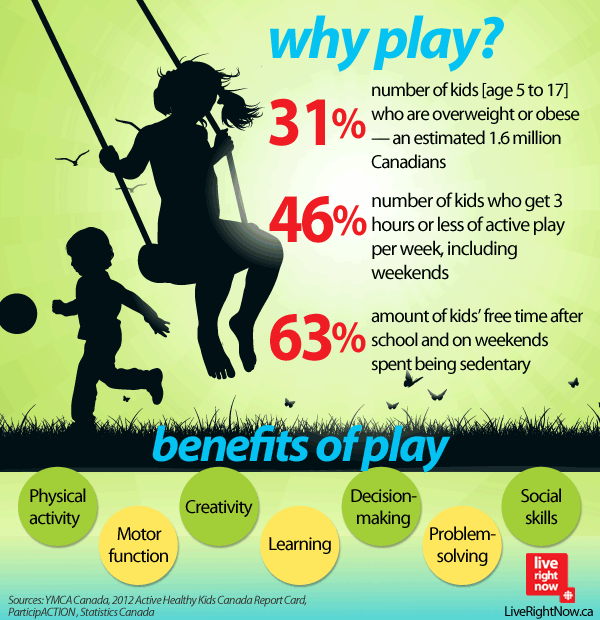
share:
Social skills of preschoolers - the development of social skills in children
The development of social skills is a necessary point of education. A child with a high degree of socialization will quickly get used to kindergarten, school, any new team; in the future will easily find a job. Social skills have a positive effect on interpersonal relationships - friendship, the ability to cooperate.
Let's figure out what social skills are.
What are social skills and why develop them?
Social skills - a group of skills, abilities that are formed during the interaction of a person with society and affect the quality of communication with people.
Man is a social being: all our talents and aspirations are realized thanks to other members of the group. Others evaluate our actions, approve or condemn our behavior. It is difficult to reach the pinnacle of self-actualization alone.
That is why social skills are important. They should be developed from early childhood and honed throughout life.
Social skills are a reflection of the child's emotional intelligence, to which educators and teachers assign an important role in the process of personality development. Without this group of skills, a smart child will not be able to apply the acquired knowledge in practice: it is not enough to create something outstanding, you need to be able to correctly convey thoughts to the public.
Sometimes people mistakenly believe that social skills relate exclusively to the topic of communication, communication. In fact, skills include many multidirectional aspects: an adequate perception of one's own individuality, the ability to empathize, work in a team, etc.
Why do we need social skills?
- Regulate the area of interpersonal relationships: the child easily makes new friends, finds like-minded people.
- Minimize psychological stress: children with developed social skills quickly adapt, do not feel sad due to changes in external circumstances.
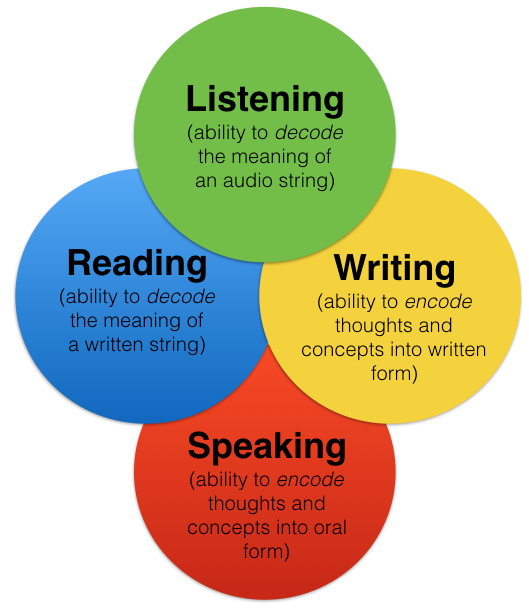
- They form an adequate self-esteem from childhood, which positively affects life achievements and development in adulthood.
- Social skills cannot be separated from building a successful career: the best specialists must not only understand the profession, but also have high emotional intelligence.
Development of social skills in a child
Social skills need to be developed from preschool age, but older children and even teenagers may well learn to interact with the world.
It is recommended to pay attention to areas of life that bring discomfort to the child, significantly complicate everyday life.
- Friends, interesting interlocutors: the kid does not know how to join the team, he prefers to sit in the corner while the others are playing.
- Verbal difficulties. The child does not understand the rules of conversation, is poorly versed in the formulas of etiquette (when you need to say hello, say goodbye, offer help).

- Problems with the non-verbal side of communication. Such a baby does not recognize the shades of emotions, it is difficult to understand how others relate to him. Cannot "read" faces and gestures.
- Does not know the measure in expressing a point of view: too passive or, conversely, aggressive.
- The child bullies classmates (participates in bullying) or is a victim.
In case of severe moral trauma, one should consult a psychologist: for example, school bullying is a complex problem that children are not able to cope with on their own. The involvement of parents and teachers is required.
In other cases, family members may well be able to help the child develop social skills.
What are the general recommendations?
1. Be patient
Don't push your child to get the job done. Let them take the initiative: for example, do not rush to help during school gatherings, let the baby work on the problem on his own.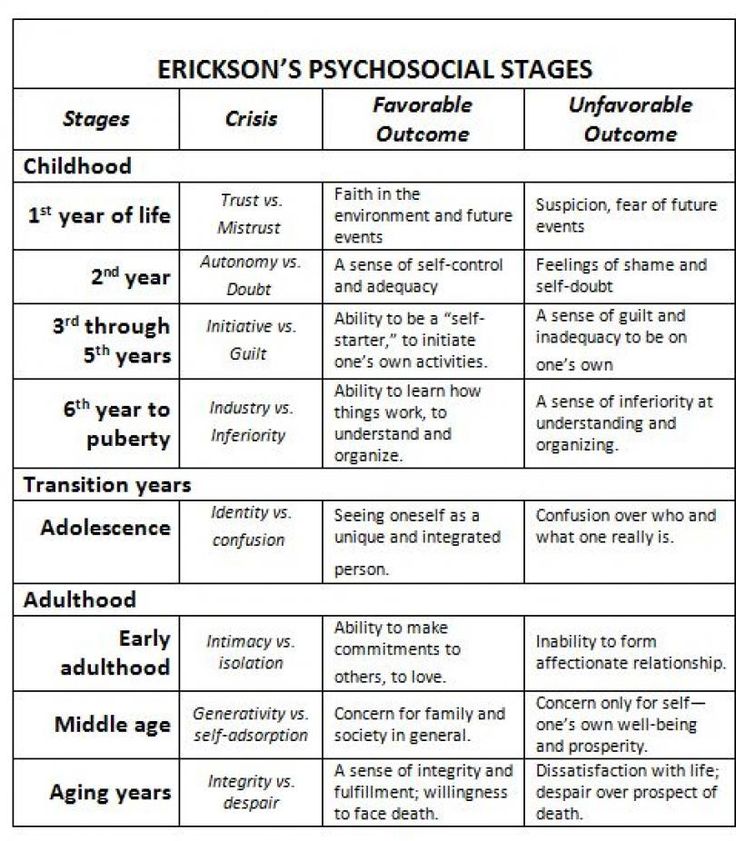 The same goes for lessons and other activities.
The same goes for lessons and other activities.
2. Support undertakings
Children's dreams seem trifling to adults, but the initiative turns into a habit over the years and helps to discover new projects, meet people, and experiment.
3. Criticize the right way
When making negative comments, remember the golden rule of criticism: analyze the work, highlighting both positive and negative aspects in a polite manner. Commenting on the specific actions of the child, and not his personality or appearance - this will lead to problems with self-esteem.
4. The right to choose
It is important for children to feel that their voice is taken into account and influences the course of events. Invite your child to personally choose clothes, books, cartoons. Ask about ideas, plans: “We are going to have a rest together at the weekend. What are your suggestions?
5. Personal space
Make sure that the baby has a place where he can be alone and take a break from talking.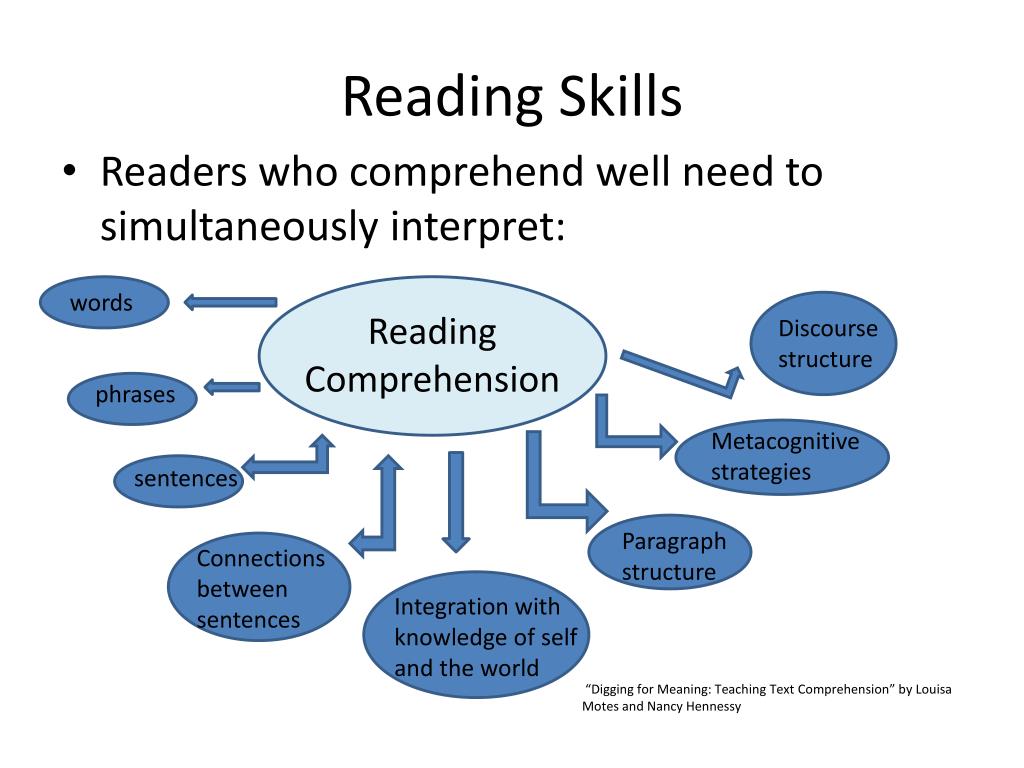 Personal things should not be touched: rearrange without prior discussion, read correspondence with friends, check pockets, etc.
Personal things should not be touched: rearrange without prior discussion, read correspondence with friends, check pockets, etc.
Children, noticing the respectful attitude of adults, quickly begin to pay in the same coin; the atmosphere in the family becomes warm and trusting.
What social skills should be developed in a child?
Let's dwell on the main qualities and skills, the development of which is worth paying attention to.
1. The ability to ask, accept and give help
Without the ability to ask for help, the child will deprive himself of valuable advice; the lack of the ability to accept help will lead to losses, and the inability to provide help will make the baby self-centered.
- Let the child help those in need: for example, a lagging classmate.
- Explain to your child that getting help from friends and teachers is not a shame.
- Show by personal example that mutual help enriches experience: tell how you exchange advice with colleagues, friends.

2. The ability to conduct a conversation and get the right information
Being a good conversationalist is difficult, but the skill is honed over time and brings a lot of benefits.
- Prompt the child for dialogue development options: for example, you can start a conversation with a relevant question, a request for help.
- Do not leave the child in the role of a silent listener: discussing pressing issues at home, ask the opinion of the baby.
- Support children's public speaking: reports at school, performances, funny stories surrounded by loved ones will add confidence.
3. Empathy
Empathy is the ability to recognize the emotions of others, put yourself in the place of another person, empathize.
This ability will make the child humane, prudent. How can it be developed?
- Start by recognizing the child's feelings - it is useless to listen to people if the person does not feel personal feelings.
 Ask your baby: “How do you feel after a quarrel with friends?”, “Do you want to relax today?”
Ask your baby: “How do you feel after a quarrel with friends?”, “Do you want to relax today?” - After conflicts with classmates, ask your child how the children with whom the quarrel may feel now.
- While watching cartoons, reading books, pay your child's attention to the emotional state of the characters.
4. Ability to work in a team
Many children can easily cope with tasks alone, but this is not a reason to refuse to work in a team. It gives the opportunity to exchange ideas and experience, delegate tasks, achieve goals faster and more efficiently.
- If the child does not communicate with members of the team, try to introduce him to another social group: for example, the lack of communication with classmates can be compensated by a circle of interests, where the child will feel calmer.
- Make the family a friendly team in which the child has his own "duties": for example, do housework, remind parents of upcoming events.
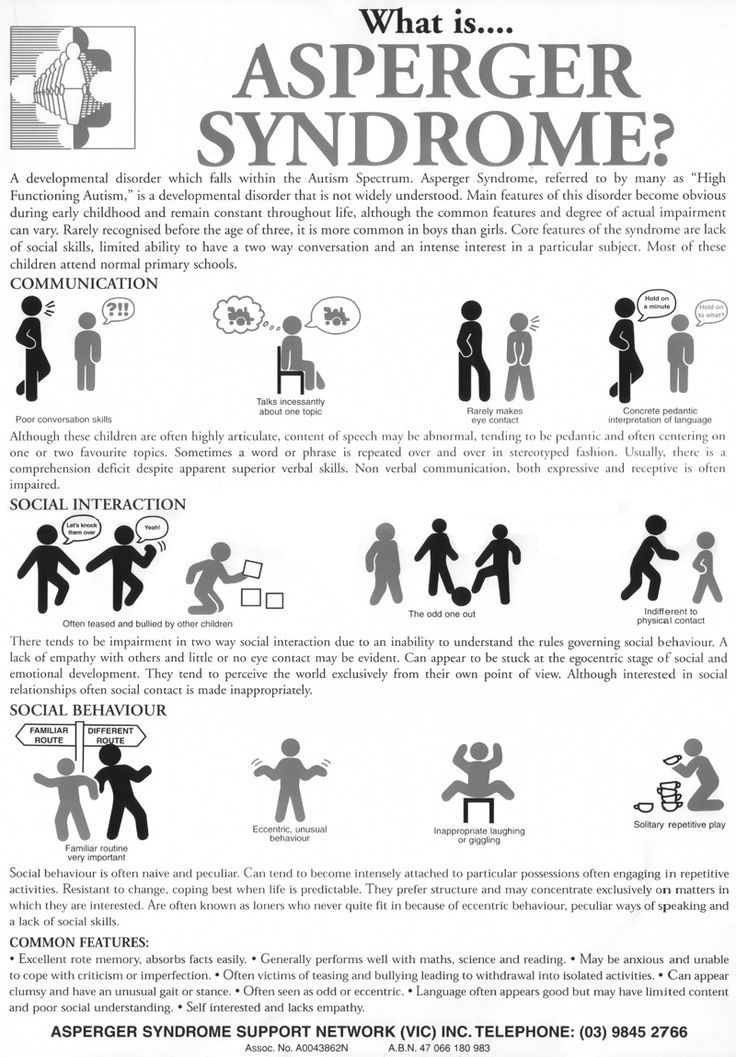 Any activity related to the well-being of other family members will do.
Any activity related to the well-being of other family members will do.
5. Respect for personal boundaries
The absence of an obsessive desire to interfere in other people's lives is a valuable skill that helps to win people's sympathy.
- Respect the child's personal boundaries: do not enter the nursery without warning, do not rummage through personal belongings and correspondence, if the matter does not concern the life and safety of the baby.
- If the child violates other people's boundaries (takes toys without permission, asks uncomfortable questions), talk about it in private.
6. Ability to overcome conflict situations
It is difficult to imagine our life without conflicts. The task of the child is to learn how to culturally enter into a discussion, defend his point of view, and not be led by the provocations of his interlocutors.
- Talk about problems calmly, without raising your voice. Do not put pressure on the child with parental authority unnecessarily: the child is a separate person who has the right to an opinion.
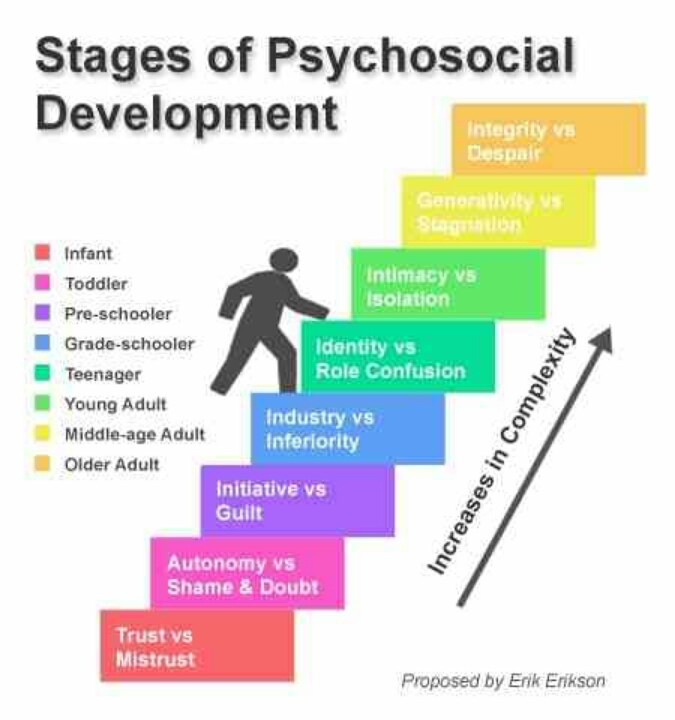
- Do not judge people for views that differ from those of your family but do not affect your well-being. Show your child that the world is very different.
- You can demonstrate to children the basics of a civilized dispute, explain what arguments are, etc. It is advisable to teach this child in kindergarten.
7. Self-confidence
Stable and adequate self-esteem is a quality that not all adults possess.
It is formed under the influence of many factors: relationships between parents, the role of the child in the family circle, the characteristics of the environment that surrounded the child in early childhood.
It is important that the child does not grow up to be either a narcissistic narcissist with fragile self-esteem, or an overly shy person. How can you help your child find balance?
- Praise your child for personal progress: to get a compliment from parents, it is not necessary to win prizes at school competitions.
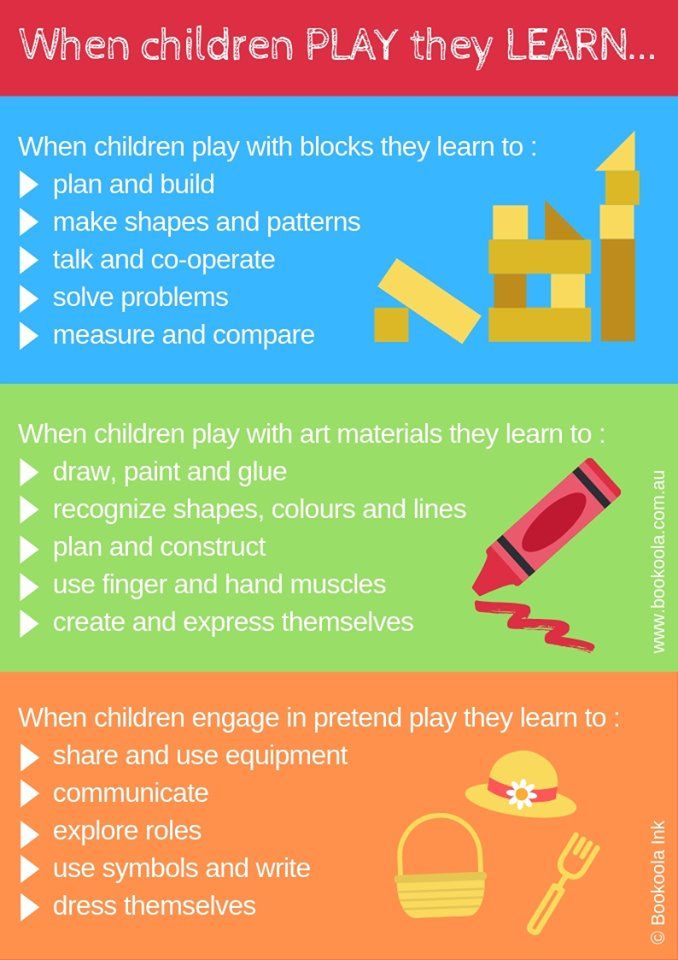
Learn more

